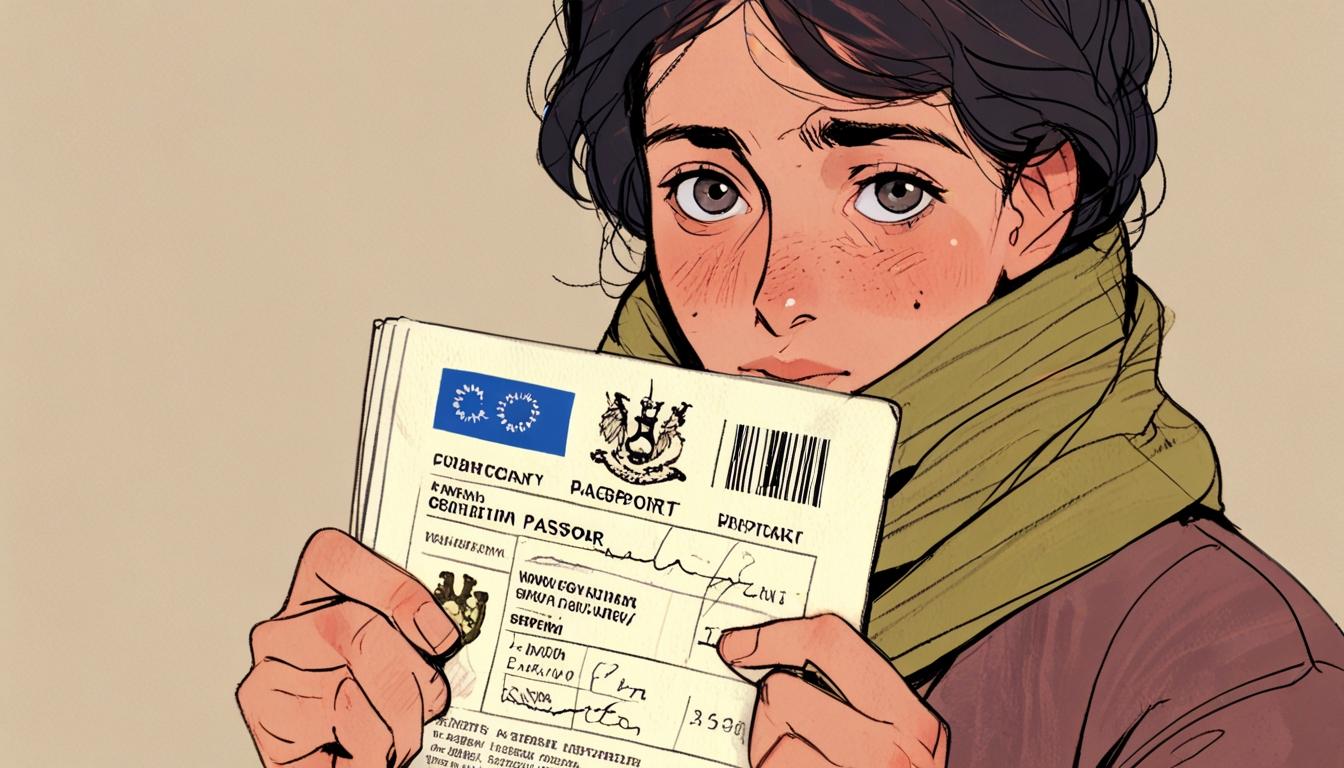On 10 February 2025, a significant shift in the UK’s immigration landscape unfolded with the announcement by the government that refugees would “normally” be denied the right to apply for British citizenship if they had arrived illegally—often via perilous journeys across the English Channel or hidden in vehicles. This policy, outlined in guidelines from the Home Office, is expected to affect an estimated 71,000 refugees, many of whom have already faced immense challenges in their quest for safety.
Among those impacted is Ayman Alhussein, a refugee from Syria who fled his war-torn homeland after enduring imprisonment and constant threats to his life due to his protest activities against the Assad regime. Having arrived in the UK in 2017 and been granted refugee status in 2019, Alhussein had been preparing to apply for British citizenship prior to the announcement. “The day before the announcement I was way more motivated than the day after,” he observed. The abrupt policy change has severely dampened his aspirations, leaving him feeling devalued and disillusioned. “Now I can no longer see a future,” he lamented, illustrating the emotional toll such a decree can take on individuals who simply sought sanctuary.
The government justifies this policy by asserting that individuals arriving through illegal means do not fulfil the "good character" requirement for citizenship. Critics, however, argue that this categorization is unjust and fails to recognise the dire circumstances that often compel individuals to undertake dangerous journeys in search of refuge. As Jed Pennington, head of public law and human rights at Wilsons solicitors, noted, many refugees may have entered the UK unlawfully out of necessity, escaping violence or persecution. He emphasised that evaluations of character should be made upon objective evidence, rather than the circumstances of entry, a sentiment echoed by myriad human rights advocates and legal experts.
The new policy has sparked considerable backlash from various societal sectors including charities, trade unions, and legal organisations. Stella Creasy, Labour MP for Walthamstow, is among the parliamentarians pressing for amendments to the border security, asylum, and immigration bill being debated. She has tabled an amendment stipulating that the good character requirement should not contradict the UK’s international legal obligations. Many opponents fear that this policy could create a permanent underclass, effectively barring generations of refugees from fully integrating into British civic life.
Alhussein’s assertion that refugees “work hard and pay taxes” underlines a compelling reality: these individuals contribute to the society that, under the new policy, seems prepared to shun them. His ongoing efforts to integrate are evident in his engagement with the community; he helped deliver essential items to vulnerable residents during the pandemic, embodying the very ethos of contribution that a citizenship application would celebrate. His frustration is palpable, as aspirations of holding a British passport and voting for the first time remain out of reach.
Legal challenges to this citizenship policy are already underway, with some arguing that it breaches both domestic law and international statutes, including the UN Refugee Convention. Activists and legal analysts continue to scrutinise the implications of policies that seemingly politicise the plight of displaced individuals. As discussions around immigration and asylum continue to unfold, many advocates contend that fostering a humane and respectful approach to refugee integration is vital for both moral and practical reasons.
The emotional and social ramifications of such policies are profound. For individuals like Alhussein, who sought refuge in a new land, the uncertainty of their status poses significant obstacles not just to their individual hopes, but to the collective ethos of a nation that has long prided itself on its role as a sanctuary for those in need. As the legal and societal debates evolve, the question remains: how will the UK balance its immigration laws with the foundational principles of humanity and empathy?
Reference Map
- Paragraphs 1-2: Lead article
- Paragraph 3: Related summaries (2), (3)
- Paragraphs 4-5: Related summaries (4), (5)
- Paragraphs 6-7: Related summaries (6), (7)
Source: Noah Wire Services
